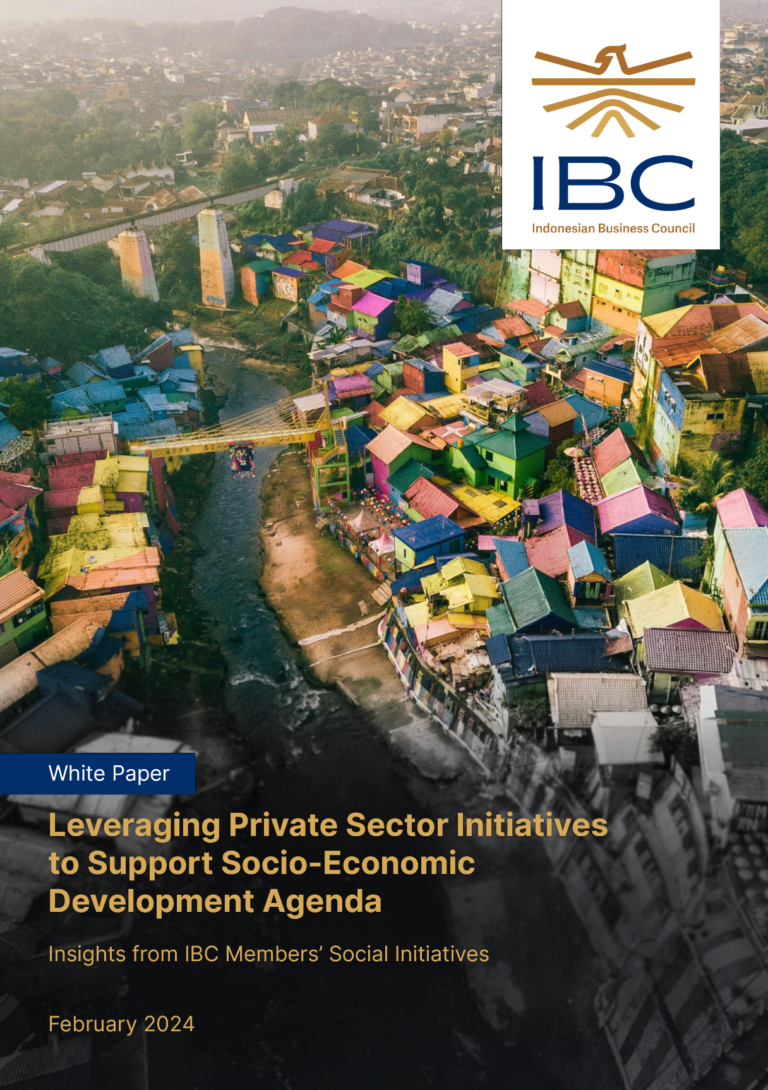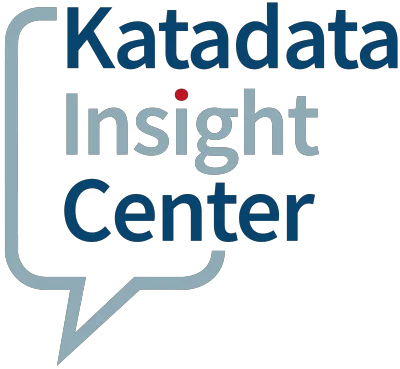The Center for Human Capital and Entrepreneurship Development (CHCD) promotes well-being, develops future-ready talent, and fosters inclusive entrepreneurship to boost economic resilience, job creation, and enterprise growth. Key CHCD initiatives include:
PEOPLE
Center for Human Capital
& Entrepreneurship Development
The Purpose
Migrant Workers
Leadership
Coffee Industry
Public Health
The Approach:
From Research to Impact

Leveraging Private Sector Initiatives to Support Socio-Economic Development Agenda
This research identifies models for potential support to expand and replicate private sectors’ initiatives in the areas of education, health, and social empowerment. By examining successful case studies and best practices, the study aims to provide a framework for scaling these initiatives effectively.
Policy recommendations are offered to leverage the initiatives of IBC Members and other private actors in accelerating national development goals. These recommendations focus on creating synergies between public and private sectors to maximize impact and drive sustainable progress.
Forecasting the Course Ahead
The Indonesian Business Council (IBC) hosted the ‘IBC Business Competitiveness Outlook 2025,’ emphasizing four key approaches to enhance collaboration with the business sector and attract investment. These include governance reforms to improve ease of doing business, private-public collaboration in infrastructure development to boost socio-economic quality, advancing industrialization through downstream strategies, and promoting a green economy. Explore the IBC’s 2025 Outlook.
The Indonesia Economic Summit 2025
IES is a high-level forum designed to bring together international business leaders, policymakers, thinkers, and industry champions. The forum explores Indonesia’s current and future economic development, and how it becomes the new growth hub in the global landscape. In its first year, IES explore a range of topics, including industrialization, fiscal and monetary policy, investment, food security, energy transition, state-owned enterprise reform, international market diversification, green protectionism, human talent development, and others.
Analyzing the Issues
Agendas
Indonesia Economic Summit 2026
The Indonesia Economic Summit (IES) is the Indonesian Business Council (IBC) annual flagship event. IES is a high-level forum designed to bring together international business leaders, policymakers, thinkers, and industry...
IBC Talk: “Strengthening Workforce Diplomacy: Indonesia’s Strategic SSW Expansion to Japan”
The Government’s target of deploying 425,000 Indonesian migrant workers each year and reducing the share of domestic placements from 80 percent to 60 percent positions our country for greater global...
Workshop & Global Talent Day
The Global Talent Day is a two-day strategic event organized by the Coordinating Ministry for Community Empowerment to advance Indonesia's global talent ecosystem. Taking place in Malang on August 8–9,...
Multi-stakeholder Coordination Meeting for the PMI Pilot Project in Japan
KemenkoPM will host a multi-stakeholder coordination meeting bringing together government institutions, private-sector partners, and civil society organizations to launch the pilot project designed to strengthen Indonesia’s PMI SSW industry ecosystem...
Indonesia Economic Summit 2025
IES is a high-level forum designed to bring together international business leaders, policymakers, thinkers, and industry champions. The forum will explore Indonesia's current and future economic development, and how it...
Leading Partner

Collaborators







